How can I make sure there is progression when teaching plants?
This is a common problem, as pupils are taught first introduced the topic of plants in KS1, it begins in years 1 to 3, plus they will have grown a plant in FS2. So when you come to teach it, how do you know you are progressing their knowledge.
It is key to know what the children have done the previous year. Before you even start planning, have a conversation with their previous teacher to find out what they have covered and what they have grown. We have produced knowledge organisers which are specific to each year group. They state the vocabulary and content that teachers should cover for their year group to help ensure progression.
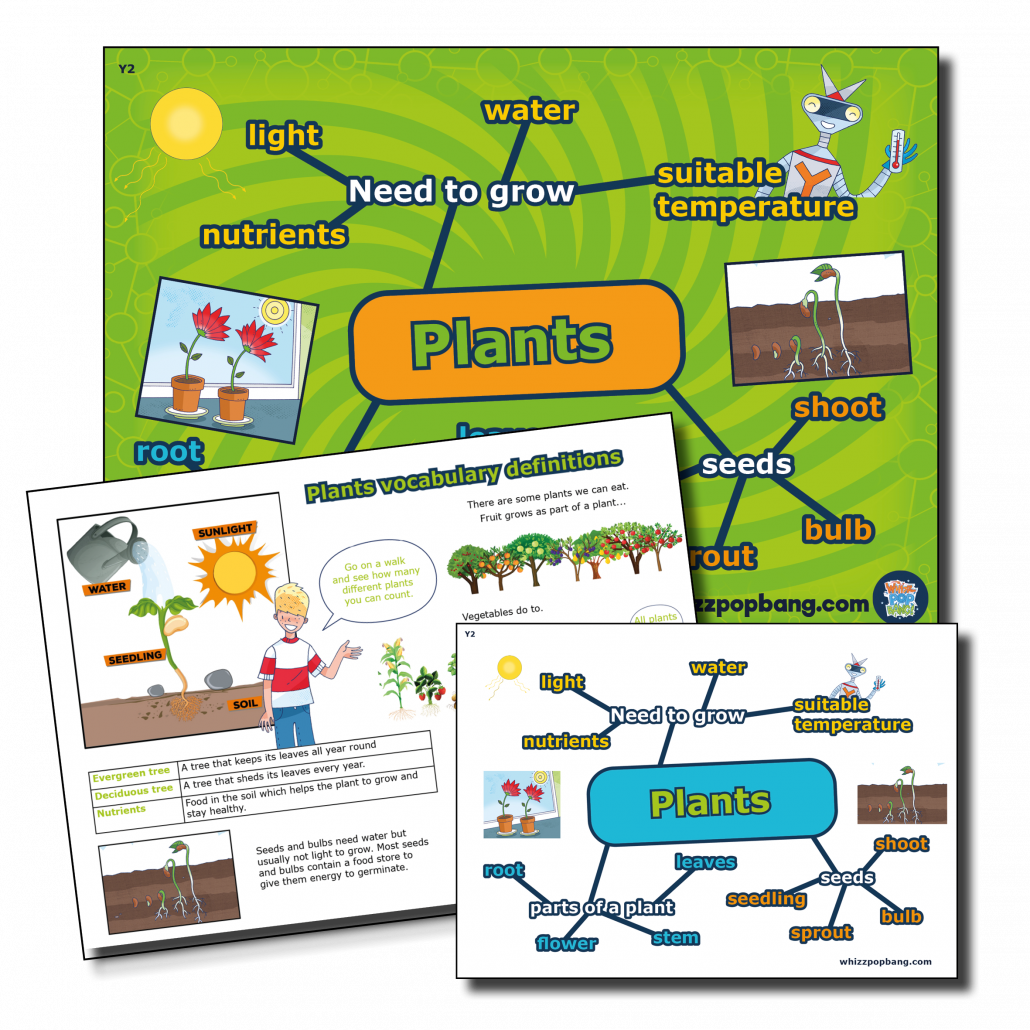
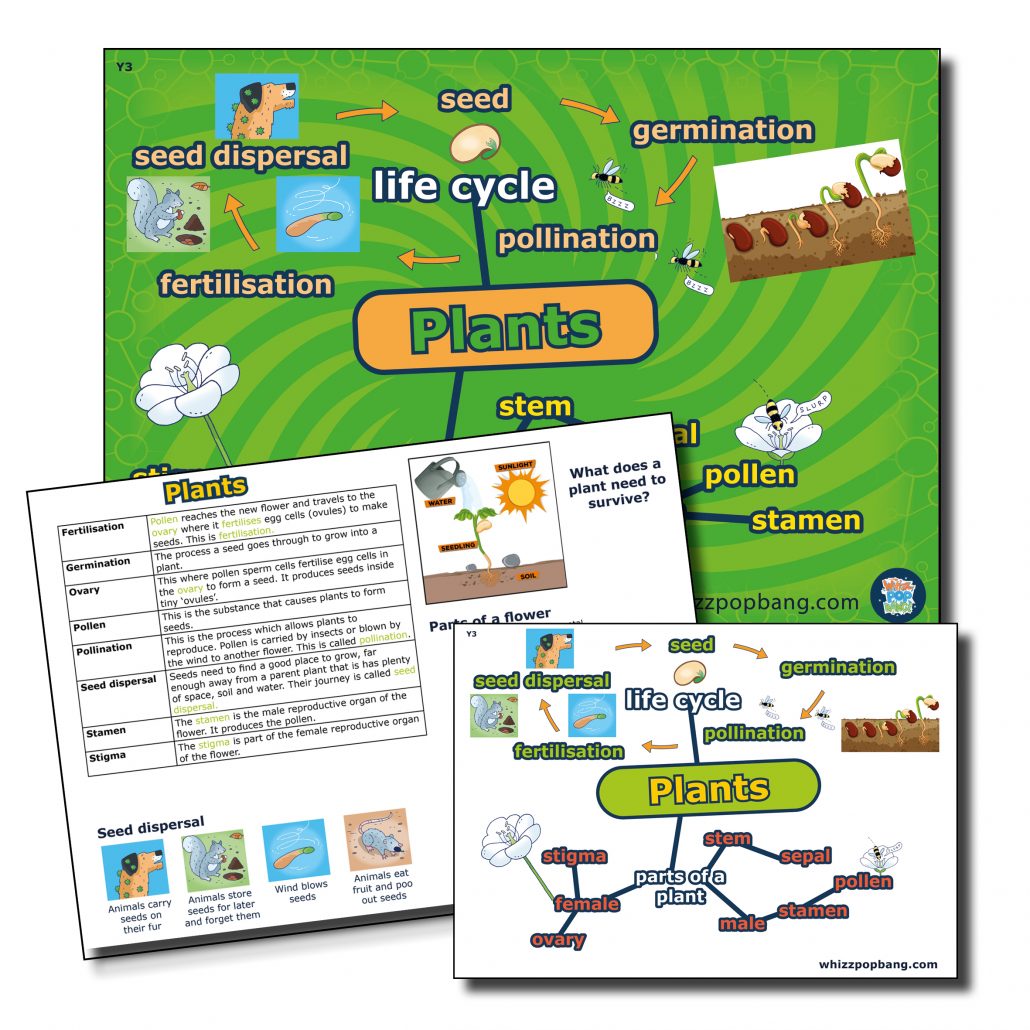
FS2 and Year 1 Science
In foundation stage, children will have explored different plants and planted seeds and seen that they grow. There will have been lots of observations and not much recording. In year 1, they will have built on this by growing a plant in soil and considering what it needs to grow. They will have been exposed to and encouraged to use simple vocabulary to name the basic parts of a plant. They will have also labelled the parts of a plant and probably created a diary observing a plant’s growth.
Year 2 Science
In year 2, pupils will grow plants again, but this time they will start to set up simple investigations that draw on all the knowledge and vocabulary they have learned in the past two years. For example, we have produced a lesson pack where pupils will grow beans – which they may have done before, but they will set it up in a controlled way. They will observe what happens to the bean and they will be able to see the different stages of growth. They will control either the amount of light or the amount of water the bean gets.
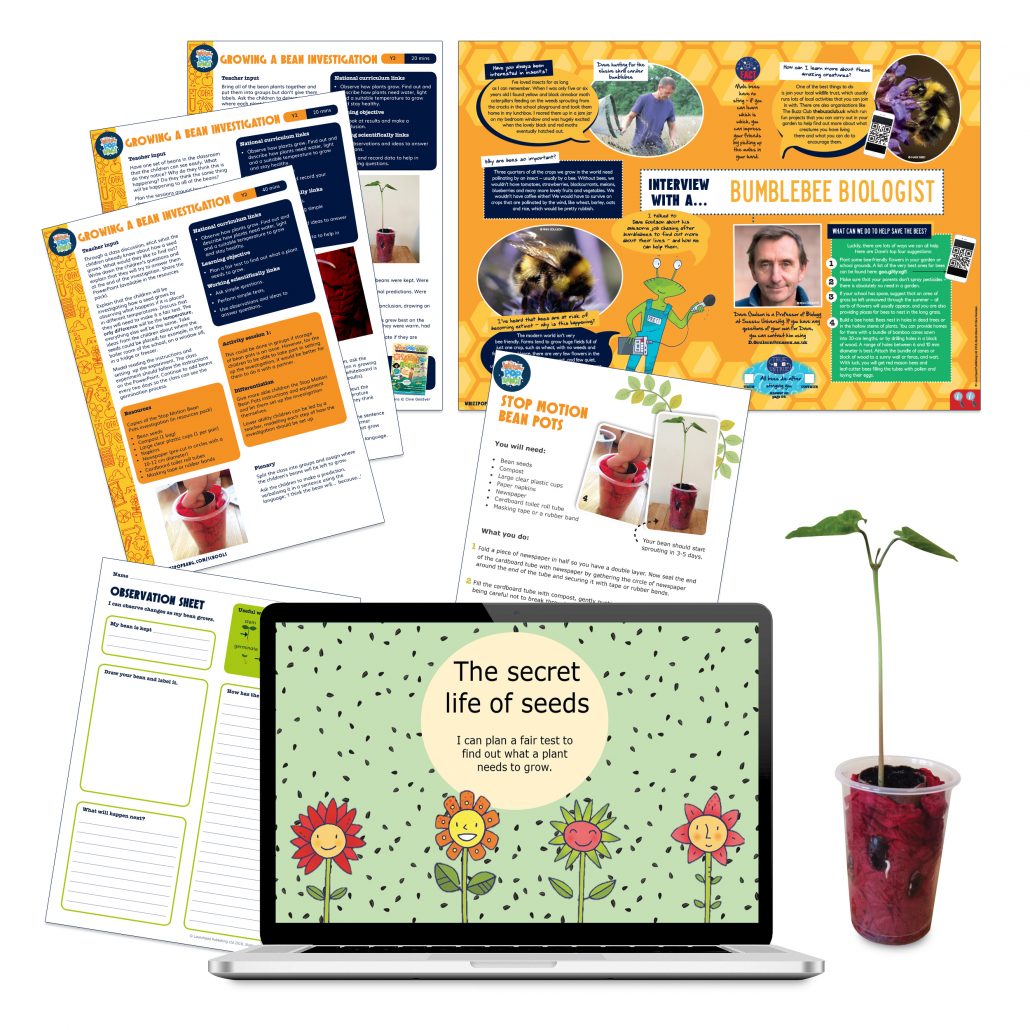
Year 3 Science
Moving from teaching plants in KS1 to KS2. When it comes to teaching plants in year 3, I cannot stress enough the importance of checking what they have already covered. Years 2 and 3 have similar objectives about exploring what plants need to grow. The key difference in year 3 is that they should be measuring the amount of light or water. For example, our pea germination investigation covers requirements for growth, but it also requires pupils to measure the amount of water given.
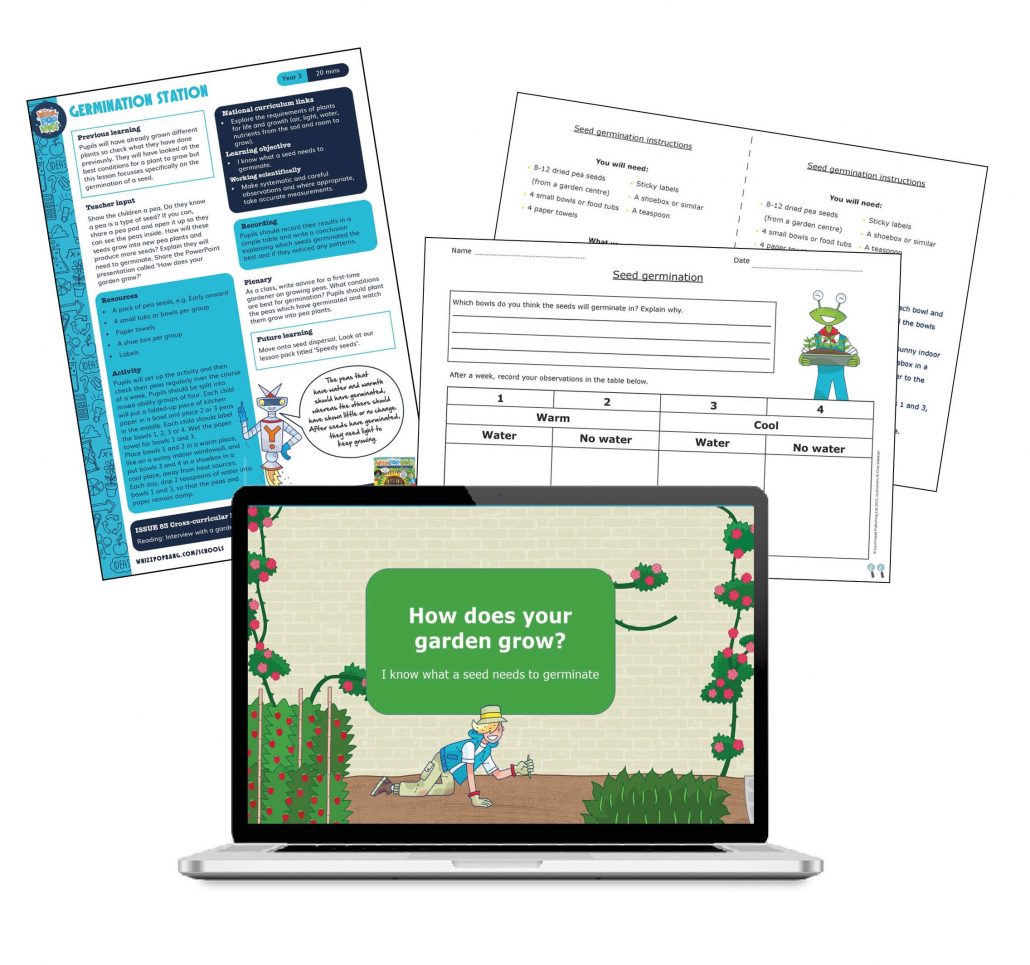
We also have other packs which require different measurements in investigations and different types of enquiry. This lesson pack is a comparative investigation.
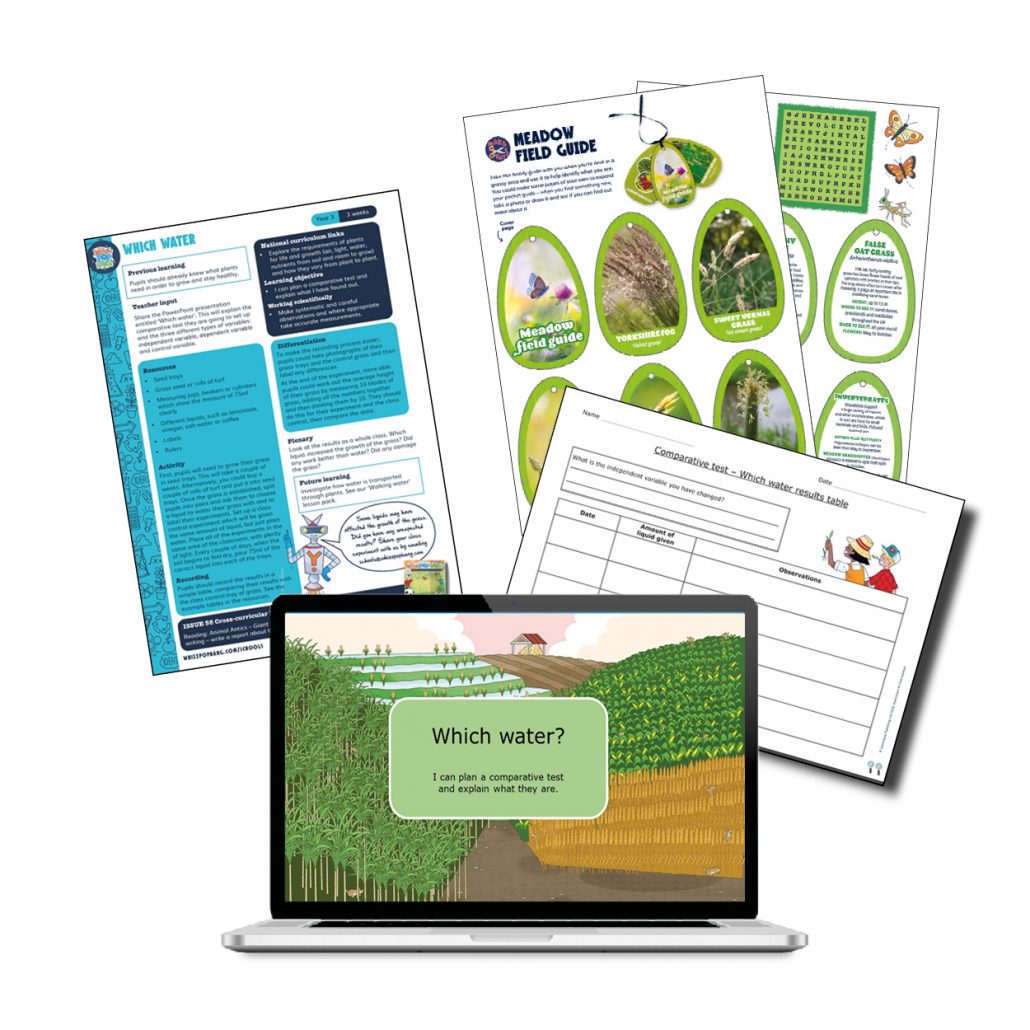
If you find the year 2 teacher has already done a lot of investigations that cover the requirements of growth, the good news is that gives you more time to look into some of the other areas in more depth.
Learning about nutrients in the soil and seeing how the soil drains so plants can grow properly and don’t rot is important.
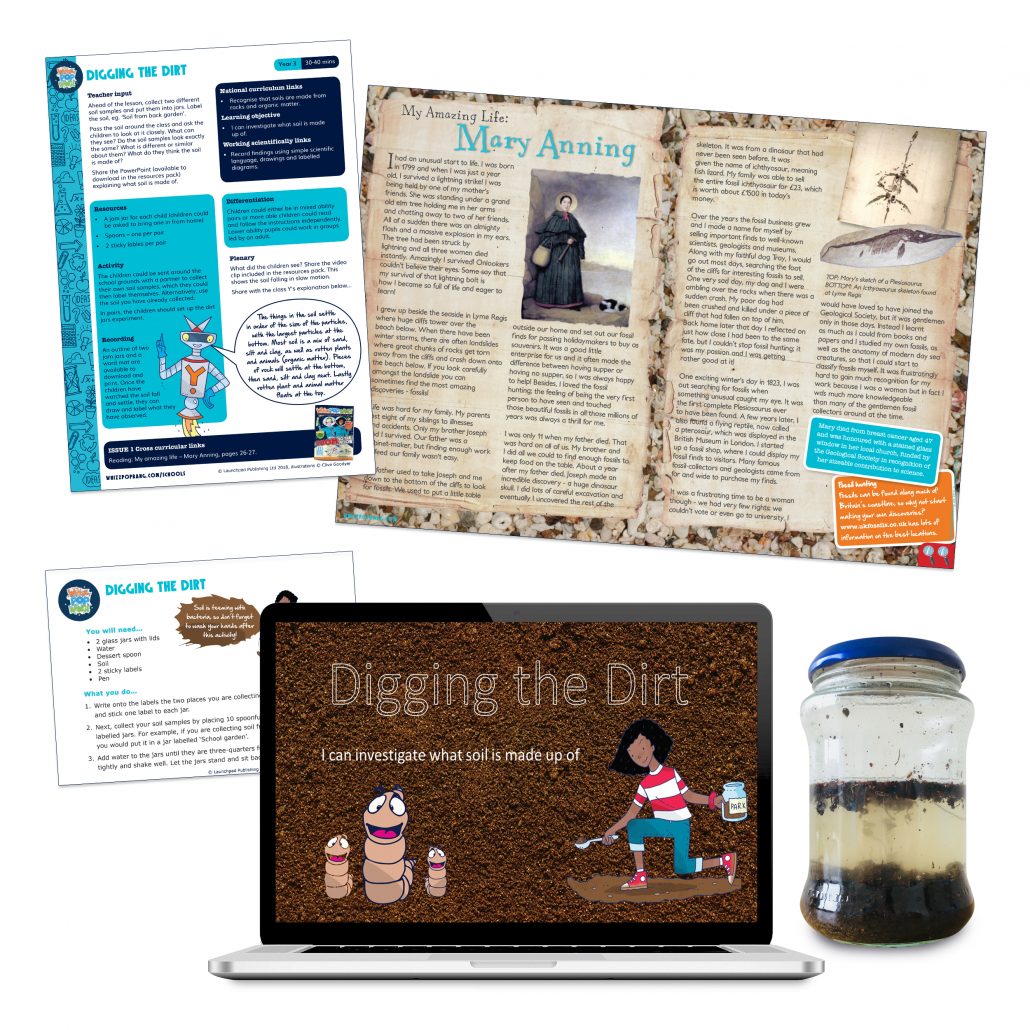
Also in year 3, you are required to cover how plants transport water. We have a great activity which demonstrates capillary action.
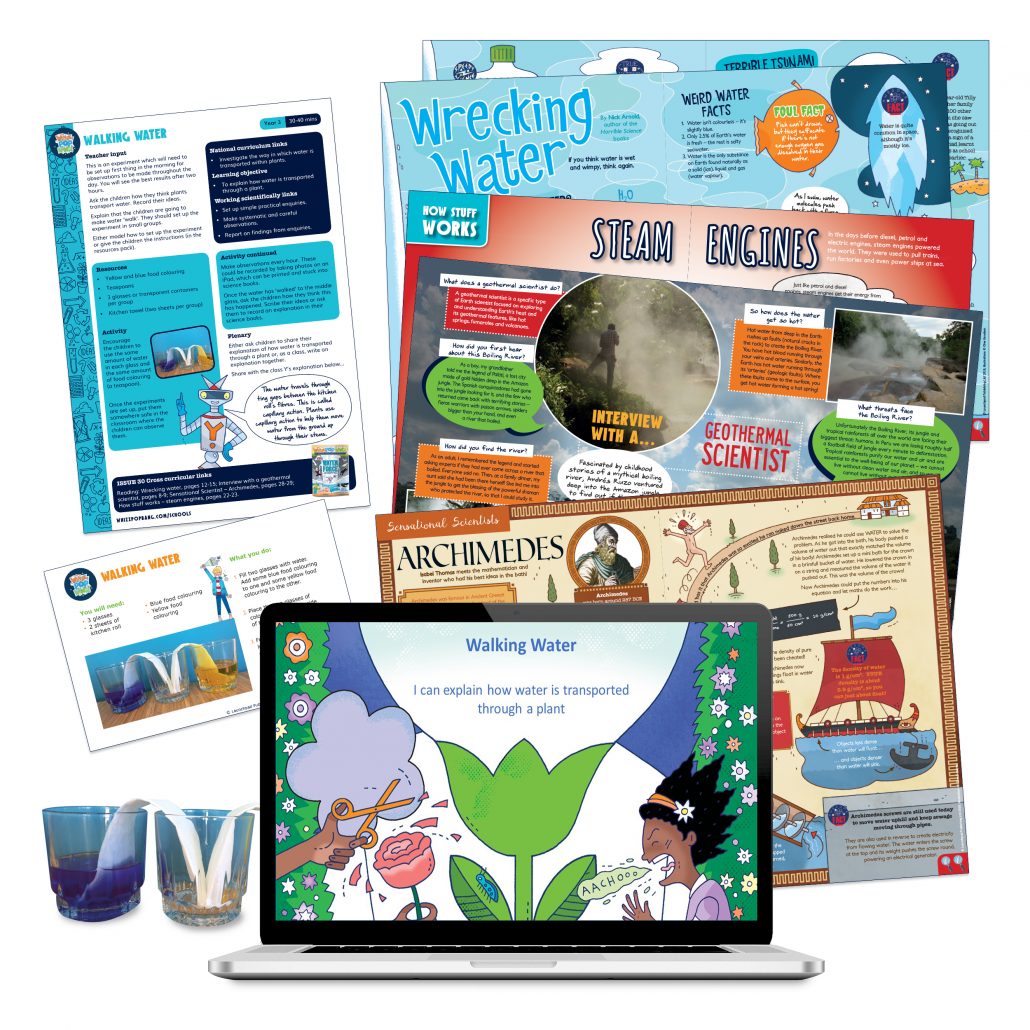
Pupils need to know the parts of a flower and this time in more depth, including the basics of pollination and seed dispersal. Pupils should start to dissect flowers and weeds and see if they can name the different parts. This sets up a good foundation for when they come back to it in year five and look at how plants reproduce. We have created a ‘build a flower’ pack for year 3 and also a flower dissection pack for year 5 – this ensures progression between the year groups.
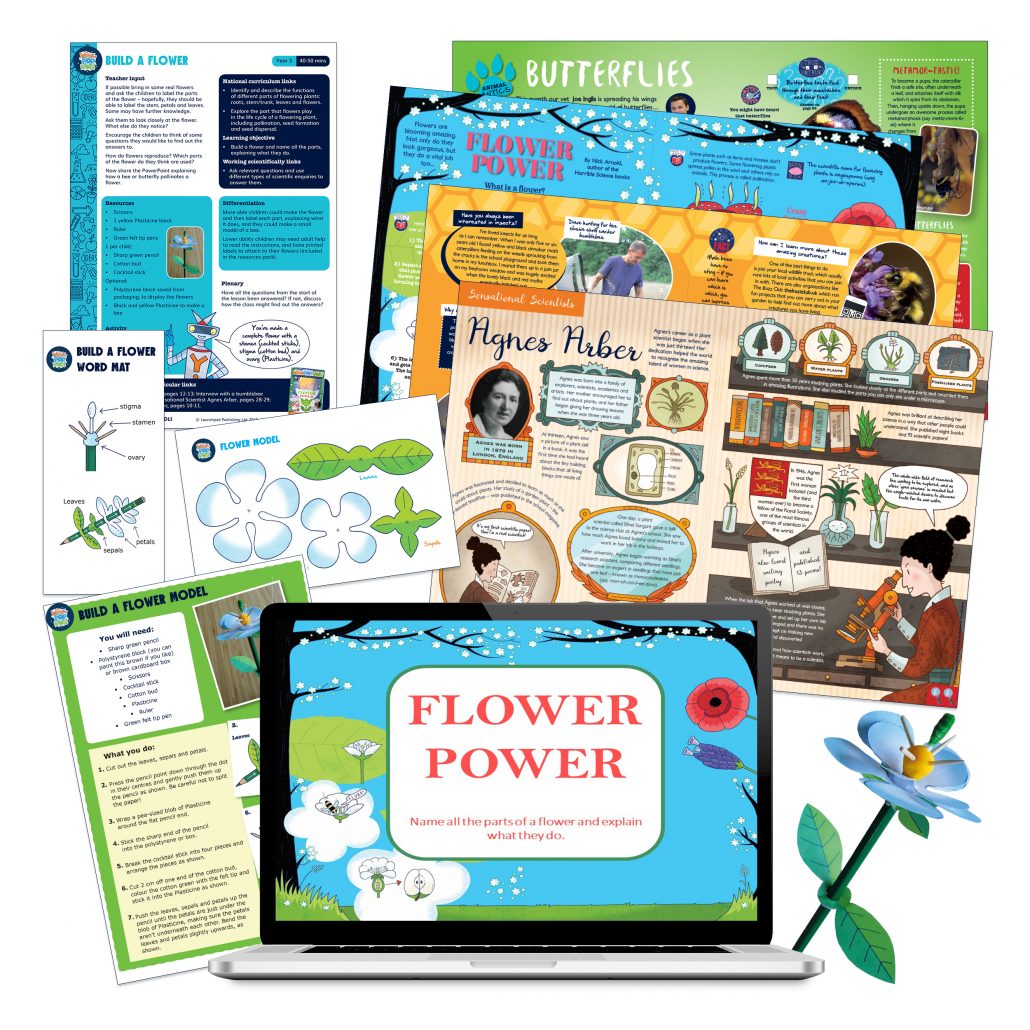
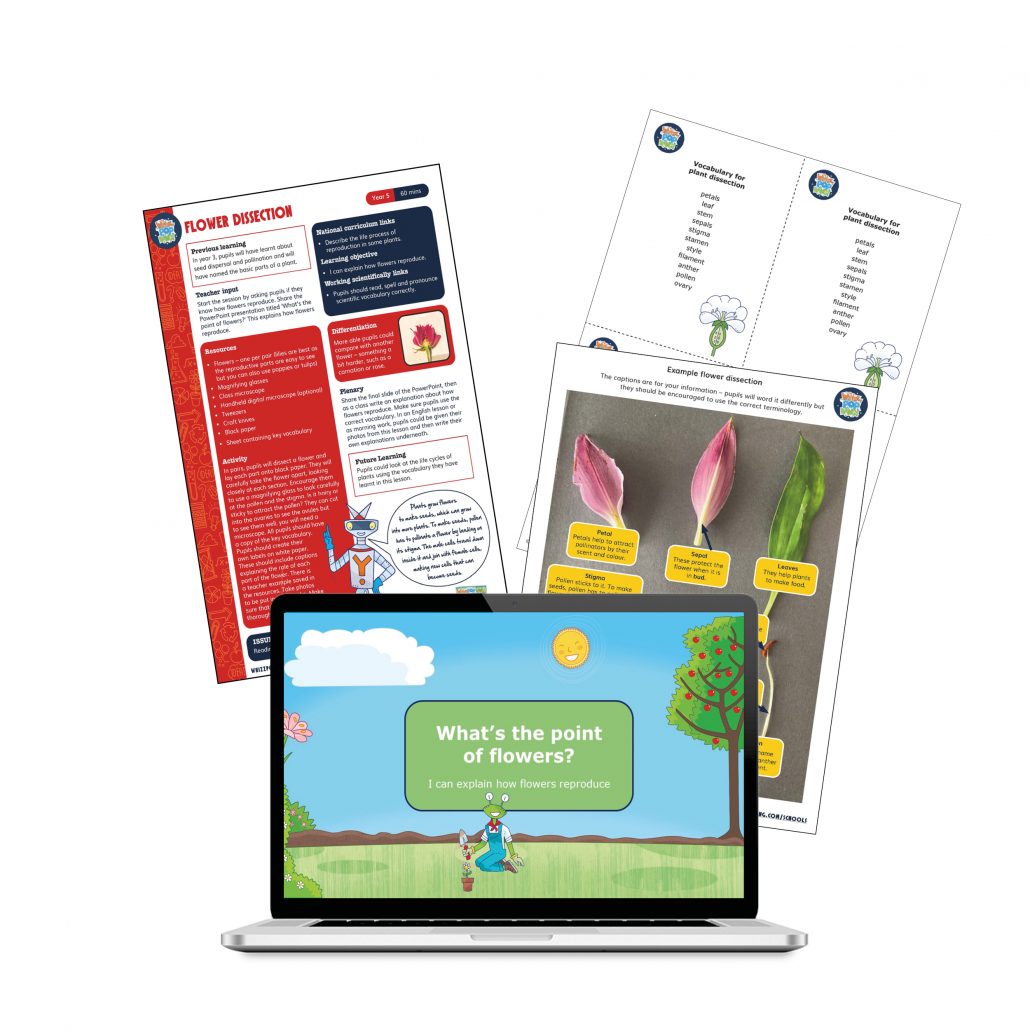
If you would like some FREE samples, sign up here for a magazine and an example lesson pack for years 2 to 6.
How much does it cost to gain access to all of the Whizz Pop Bang resources?
Prices start from as little as £197.99 per year for a copy of Whizz Pop Bang magazine through the post each month and whole-school access to our ever-growing library of downloadable teaching resources, with unlimited teacher logins.
We have an individual membership option so teachers and home educators can access all of our amazing downloadable resources for just £20 for the whole year.
“Whizz pop Bang has developed a refreshing look at science and its resources bring this subject to life” Class teacher Caroline Burton
